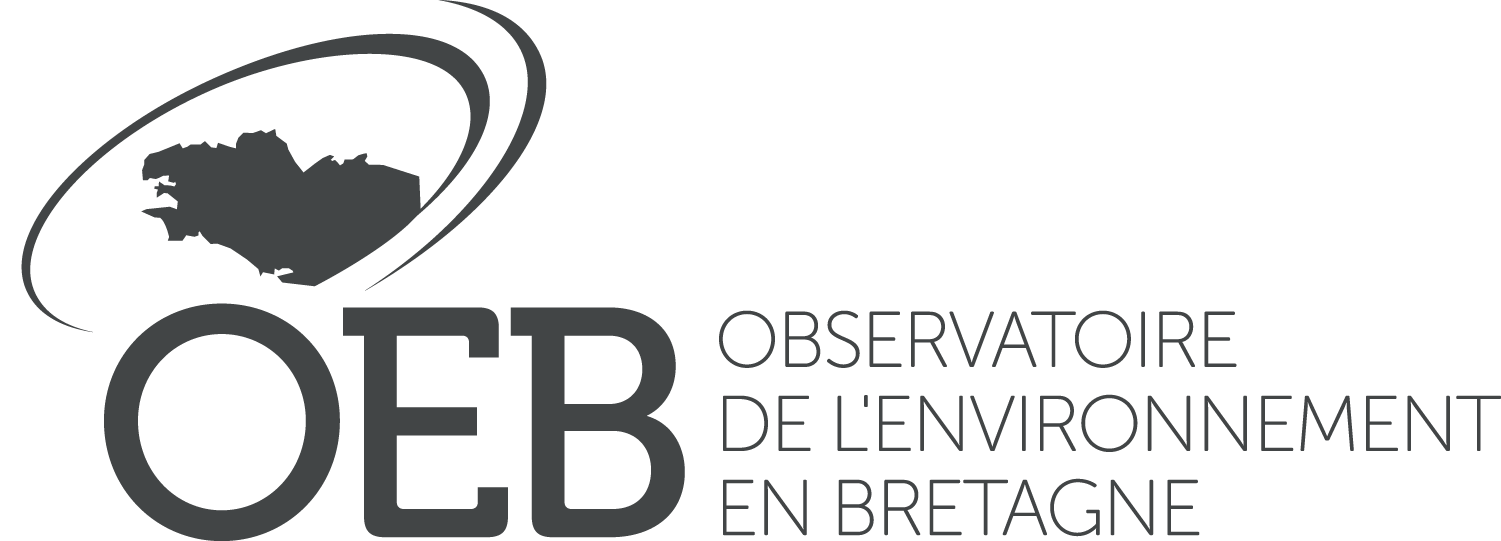© résumé éditeur :
"Pig production systems often depend to a large extent on concentrated feed imported from outside the farm. This study used the Life Cycle Assessment (LCA) method to assess major environmental impacts associated with the production and on-farm delivery of concentrated feed for pigs. Feed composition was based on average data for Bretagne (France) in 1998 and on published data for wheat-based, maize-based and co-product based feeds. As crop and feed production practices in Bretagne are similar to those in most of western Europe, we conclude that the results of this study apply more largely for western Europe. Depending on feed composition and fertilisation practise for crop-based feed ingredients, the production and delivery of one kg of feed for finishing pigs will produce a eutrophication potential between 3.8 and 9.3 g PO4-equivalents, a global warming potential between 472 and 792 g CO2-equivalents, an acidification potential between 3.0 and 6.3 g SO2-equivalents, a terrestrial ecotoxicity potential between 0.4 and 8.7 g 1,4-dichlorobenzene-equivalents, an energy use between 3.3 and 6.1 MJ, and land use between 1.44 and 2.07 m2 year. These impacts are mainly due to the production of crop-based ingredients. The contribution of transport processes was substantial for climate change, acidification and energy use. A feed containing mainly co-products had higher energy use and lower terrestrial ecotoxicity than feeds consisting mainly of non-processed crop-based ingredients. Hypotheses with respect to the fertilisation practices for the feed's main ingredients have a major effect on its impact values. The effect of uncertainty concerning the emissions of N2O, NH3, and NO3 was very large for climate change, and large for acidification and eutrophication. The environmental burdens associated with the production and delivery of pig feed can be decreased by: optimising the fertilisation of its crop based ingredients, using more locally produced feed ingredients, reducing concentrations of Cu and Zn in the feed, and using wheat-based rather than maize-based feeds."
The environmental impacts of the production of concentrated feed: the case of pig feed in Bretagne
Mise à jour :
20 février 2005
élevage
porcherie
impact sur l'environnement
cycle de la vie
Lien vers la ressource
Type de document
Publication scientifique
Auteurs personnes
Sanders Joost
Petita Jean
Van Der Werf, Hayo M.G.
Éditeur
Elsevier
Date de parution
20 février 2005
Langue
Anglais
